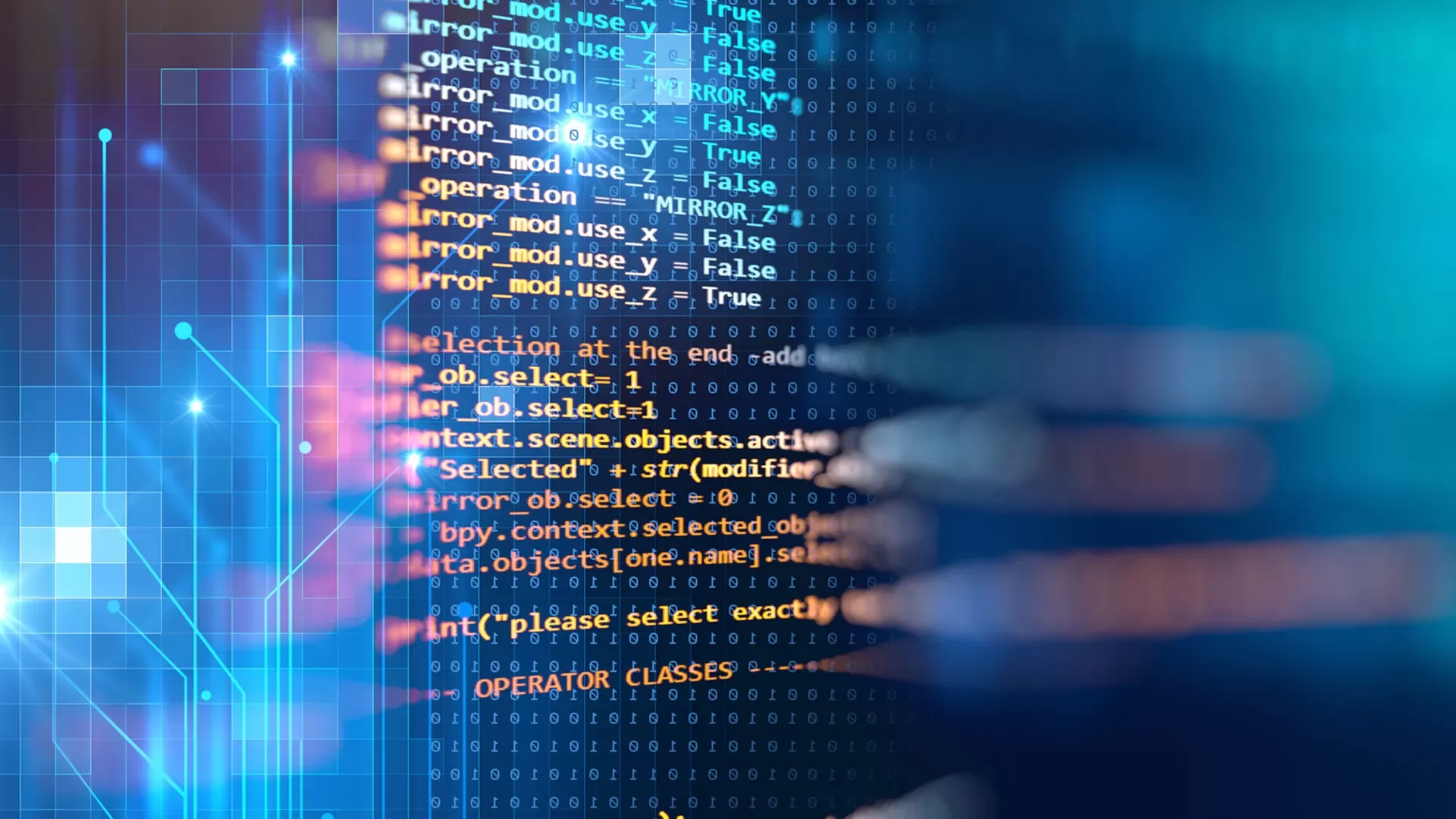Introduction
We hear it every day – AI is going to take your job! Your job won’t exist within the next X years because of AI! Well is this really true? What jobs is AI actually going to take? Well according to
Cassie Kozyrkov (chief decision scientist at Google) in a talk she gave(link to talk found here), AI is ironically going to take software engineers’ jobs. Now this isn’t really what you hear when this topic is discussed but it actually makes sense when you look into what AI is and what it actually does, and what AI helps humans automate.
Summary of Talk
The talk started out by sharing what a computer is. It takes some input and turns it into output via some pre-set instructions. Usually, programmers have to painstakingly type out each one of those instructions by hand in a language that a computer can understand. But with AI, the computer takes inputs and outputs and writes the instructions for itself. Since there is no need to write the program by hand, software engineers are the ones whose jobs will go away due to this revolution. Cassie then gets into the evolution of AI and whose problems it has been focused on along the way. During the early phases of AI, most of the people interested in it were researchers and they were trying to solve theoretical problems(when we have enough computing power what could AI be able to do). Then came along the builders and they were trying to solve enterprise problems(how could this help businesses), the builders were really focused on actually building the systems and putting them into practice since we finally had the opportunity for AI to be widespread enough for it to be economical(how can businesses make more money, how can the enterprise be more efficient). Now we have the users and they are trying to solve individual problems(how can I be more productive, how can I get out of doing this, how can AI help me with this). The most recent phase of AI – Cassie argues – is more of a design revolution compared to an AI revolution. This is because the aspect of AI that matters most now is the design and making users’ lives easier. Then she goes on to show us a personal use case of AI. Cassie concludes her talk by touching on the point of moving to the 4th point in the AI revolution – where we can solve society’s problems.
My Take
Overall, I really enjoyed this talk. It really showed me a new perspective on whose jobs AI is taking. This perspective really went against most things I hear on the subject, but when AI is broken down into its parts – which is what Cassie did in this talk – it really made sense. I also enjoyed learning about the different phases of AI development and whose problems each was trying to solve. I would have enjoyed it if Cassie went more into the technical jargon of how AI has progressed over the 3 major phases in its life, such as which types of algorithms were invented when and for what purpose, how each type of algorithm plays a role in overall AI, and How each algorithm works and the pros and cons of it. I really liked how she showed us a personal use case of her using AI – to write the script for this talk. This talk was a really good introductory talk and I would like to see one with more technical jargon.
Conclusion
All in all, this was a good video. It helped me picture the timeline of the revolution of AI, and answered the question that has been talked about lately: whose job is AI going to take? I recommend you watch it when you have the time(talk found here).
